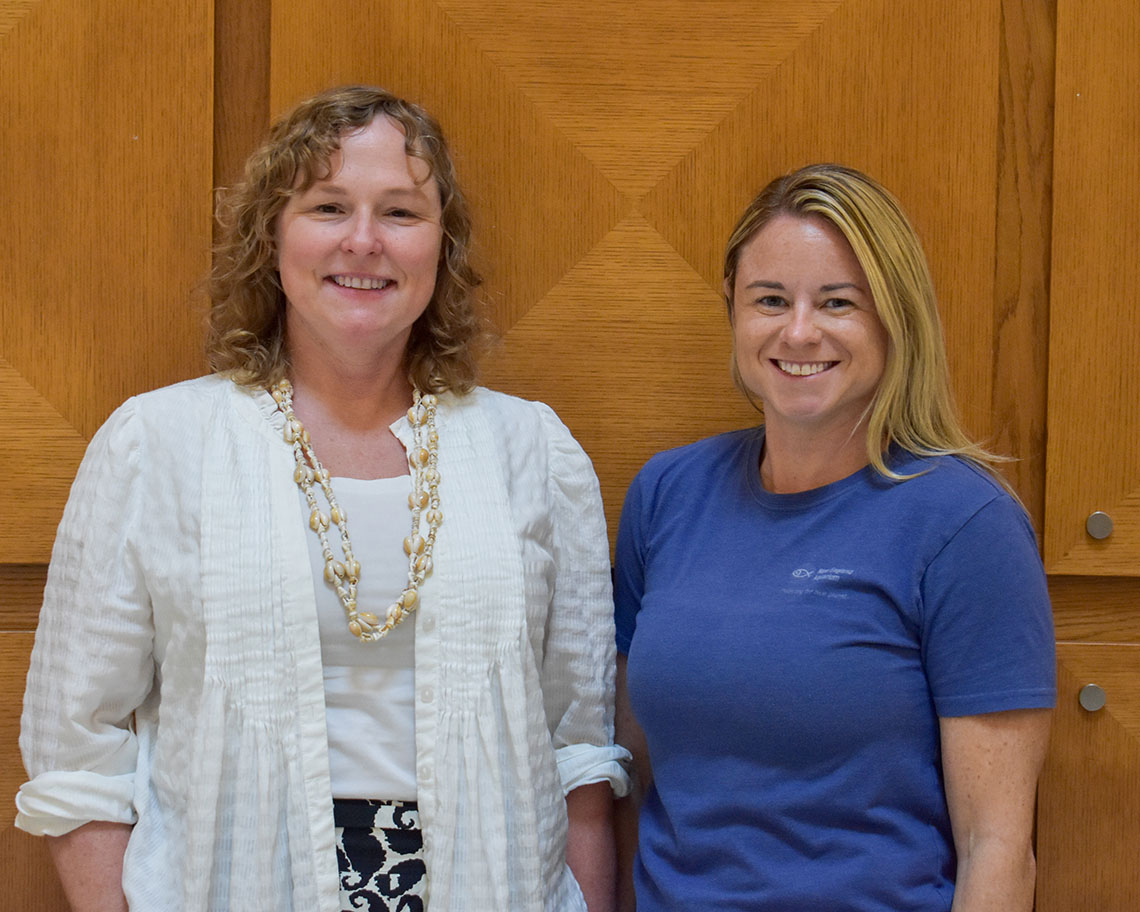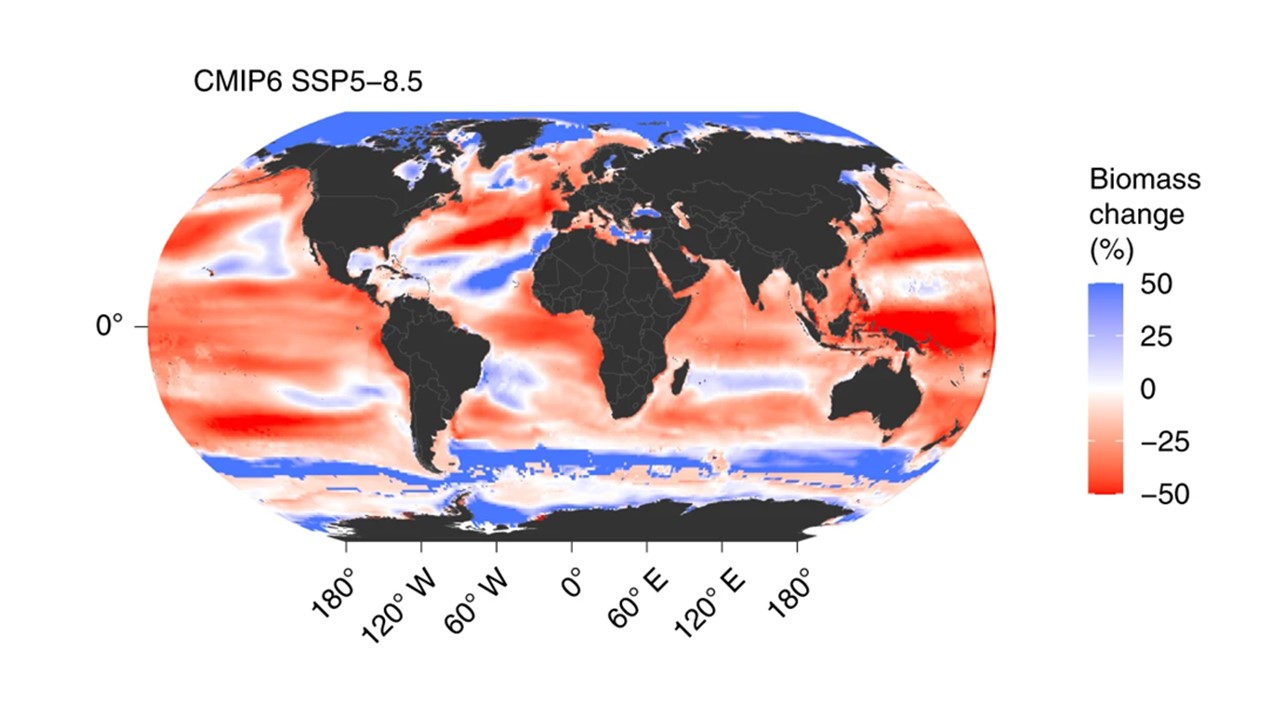CC&E researchers are co-authors of UN fisheries report
July 29, 2024

DOCS Assistant Professor Cheryl Harrison and Kelsey Roberts, a post-doctoral researcher
BATON ROUGE - Warming seas are putting the world’s fisheries at risk, according to a new report highlighted by the Food and Agriculture Organization of the United Nations, or FAO.
The report’s international list of authors includes two researchers from the Department of Oceanography & Coastal Sciences, Cheryl Harrison, an assistant professor and Kelsey Roberts, a post-doctoral researcher.
The report lays out different scenarios in the year 2100, based on varying levels of ocean warming. One thing is made clear: rising ocean temperatures mean a decline in fishing stocks, Harrison said.
In the best-case scenario, which is based around a low degree of warming facilitated by lowered global carbon emissions, fisheries around the world will experience a ten percent or less decline.
The worst case scenario, in which warming continues on it current trajectory with no controls, may result in a fisheries decline of 30 percent or more by the end of the 21st century.
Overall, the report predicts that fisheries in the United States will experience the 7th most decline in the world.
Roberts noted that although the report is global in scale, implications for Louisiana and the Gulf of Mexico still exist. In terms of water temperatures, she said “trends would indicate that we are not going in the right direction,” she said.
Fisheries and Ecosystem Model Integration

A projection from FishMIP showing potential fish biomass changes by 2100 under an uncontrolled emissions scenario.
These conclusions are the highest profile- yet work of the Fisheries and Marine Ecosystem Model, or FishMIP, a decade long, international effort to provide a single framework for interpreting and comparing a vast array of fisheries data and models from around the world. Harrison became involved in the project in 2018, and brought Roberts onboard as well.
FishMIP’s ultimate goal, said Roberts, is to create a body of research to inform public policy about oceans and fisheries.
The project does this by wrangling different models and their outputs into a format that allows them to be compared directly. “It lets you say, well the models disagree on this but they agree on this,” Harrison said. Such comparisons help build a base of knowledge for researchers to use.
It’s an evolving project. Future projects include incorporating things like over-fishing into fisheries predictions, Harrison said. Another goal is to produce more granular models that can provide information to regional and local fisheries managers.
Overall, she said, a changing climate has created a need for more planning in the fisheries space. “We’re facing a paradigm shift in fisheries management,” she said.